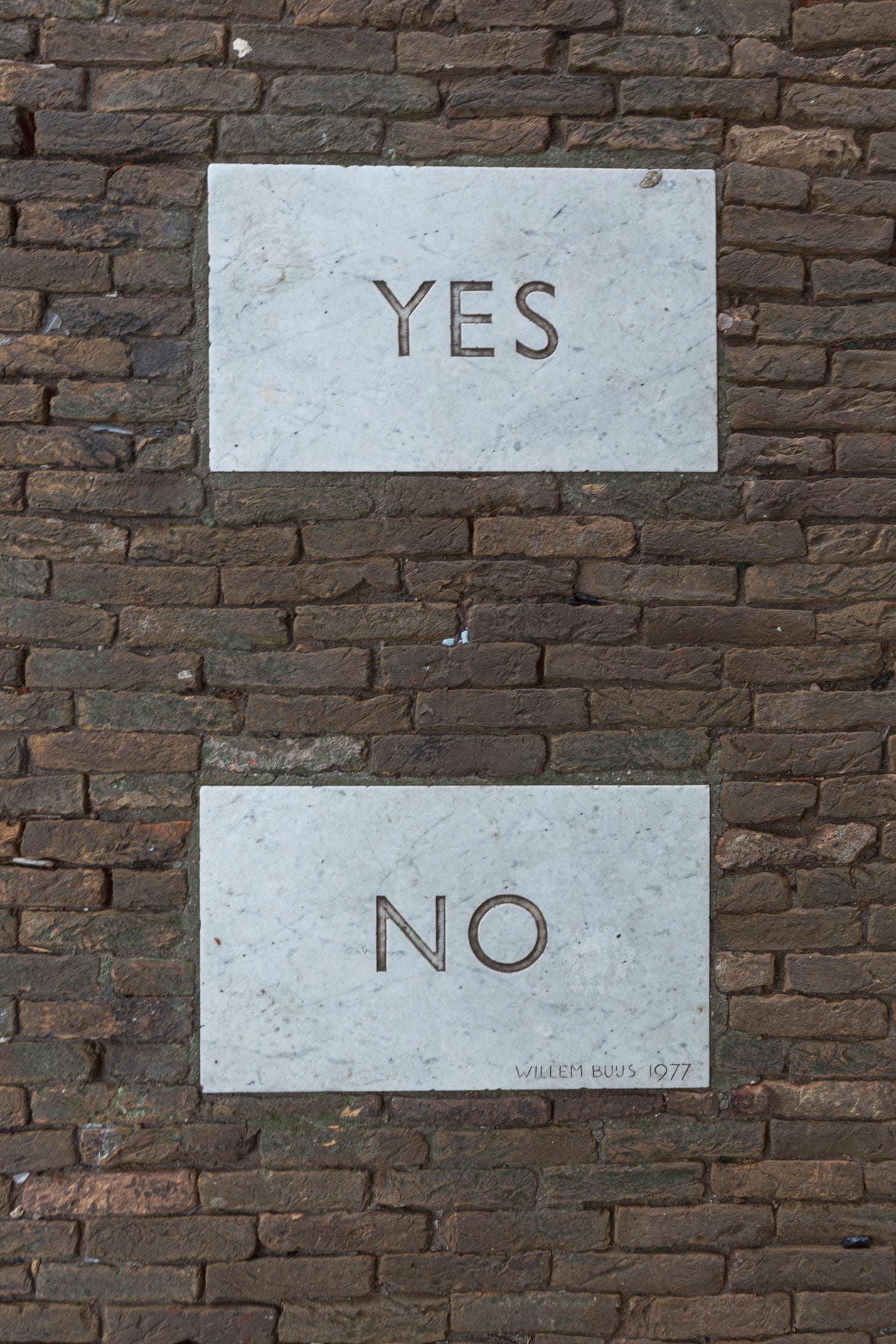Sermon on the Mount: Considering Oaths and Vows
Matthew 5:33-37
““Again, you have heard that the ancients were told, ‘You shall not make false vows, but shall fulfill your vows to the Lord.’ But I say to you, make no oath at all, either by heaven, for it is the throne of God, or by the earth, for it is the footstool of His feet, or by Jerusalem, for it is the city of the great King. Nor shall you make an oath by your head, for you cannot make one hair white or black. But let your statement be, ‘Yes, yes’ or ‘No, no’; anything beyond these is of evil.”
Matthew 5:33-37 NASB1995
I must confess that this particular “again you have heard” statement by Jesus has been utterly perplexing to me when I have read it casually doing my “Bible in a Year” plans. But digging into God’s Commandments, it starts to become clear. Jesus is calling out the Pharisees who had gotten into the habit of “once-removed” vows. If you swear “by God” or invoke His Name in casual oaths, you are taking His name in vain and, of course, they wanted to adhere to the letter of the law, so they avoided those types of oaths. The Pharisees thought they were getting around this admonition by then swearing on Jerusalem or vowing “on my head” or even saying some ancient version of “cross my heart and hope to die” for minor oaths and vows. These oaths were considered less serious and could easily be violated, in the minds of the Jewish leaders. Jesus tells us that God is in everything and everywhere, so this does not excuse the use of these casual once-removed oaths and once they are spoken, they must be honored.
Let’s look at commentary from David Guzik from his Enduring Word ministries:
a. You have heard that it was said to those of old, “You shall not swear falsely”: The scribes and Pharisees had twisted the law You shall not take the name of the LORD your God in vain (Exodus 20:7) to permit taking virtually every other name in a false oath.
b. Do not swear at all: Jesus reminds us that God is part of every oath anyway; if you swear by heaven, earth, Jerusalem, or even your head, you swear by God – and your oath must be honored.
i. “Again an unqualified statement, to be taken not in the letter as a new law, but in the spirit as inculcating such a love of truth that so far as we are concerned there shall be no need of oaths.” (Bruce)
c. But let your “Yes” be “Yes”: Having to swear or make oaths betrays the weakness of your word. It demonstrates that there is not enough weight in your own character to confirm your words. How much better it is to let your “Yes” be “Yes” and “No” be “No.”
i. Some have taken this word of Jesus as more than an emphasis on truth-telling and honesty as an absolute prohibition of all oaths. This is misguided, because oaths are permitted under certain circumstances, as long as they are not abused and used as a cover for deception.
· God Himself swears oaths: Hebrews 6:13 and Luke 1:73.
· Jesus spoke under oath in a court: Matthew 26:63-64.
· Paul made oaths: Romans 1:9, 2 Corinthians 1:23, Galatians 1:20, 1 Thessalonians 2:5.
ii. “The truly good man will never need to take an oath; the truth of his sayings and the reality of his promises need no such guarantee. But the fact that oaths are still sometimes necessary is the proof that men are not good men and that this is not a good world.” (Barclay)
In most circumstances, we should stand by our word by just saying “yes” or “no”. Oaths are sometimes necessary in this world (an example would be when testifying in court), but the casual “I swear” statements should cease in our conversations. I will have to pray for guidance, because I often resort to these statements to be emphatic about something. Yes is yes, no is no; nothing more is needed unless the rare formal circumstances in this fallen world call for an oath or vow.
My next Sermon on the Mount devotional will consider “An Eye for an Eye”.
Photo by Florian Schmetz on Unsplash
Commentary from Enduring Word and David Guzik is used by written permission.



